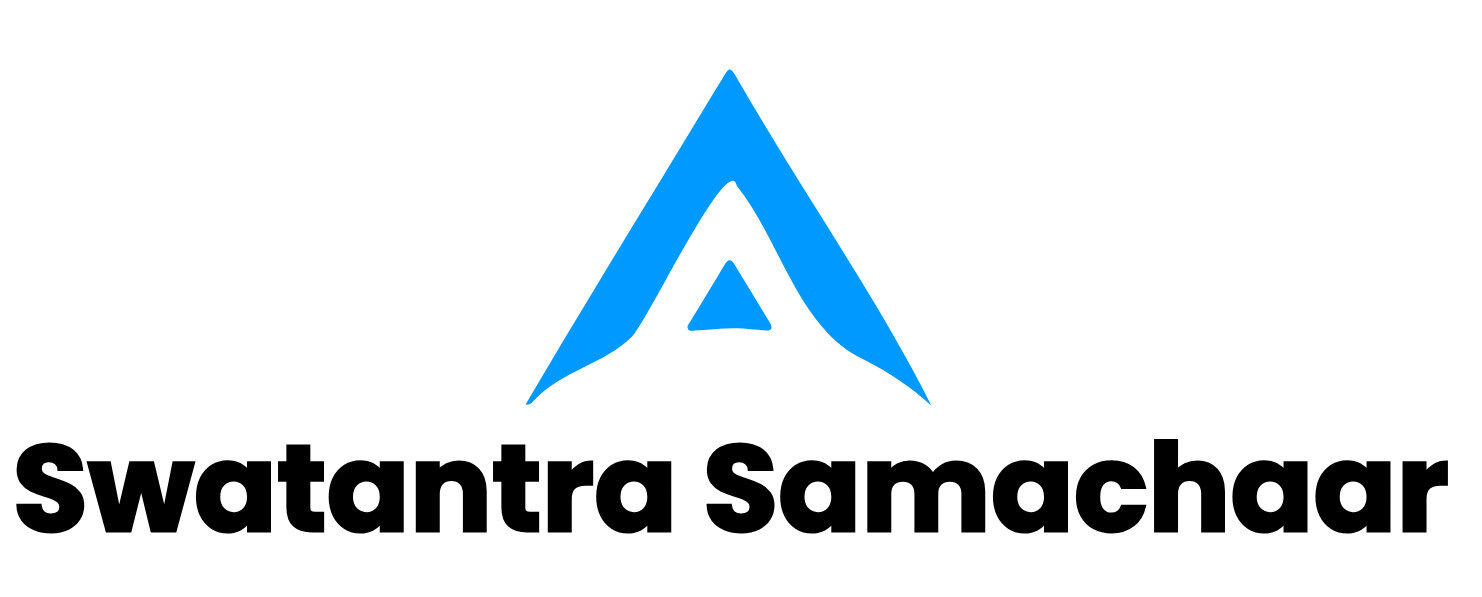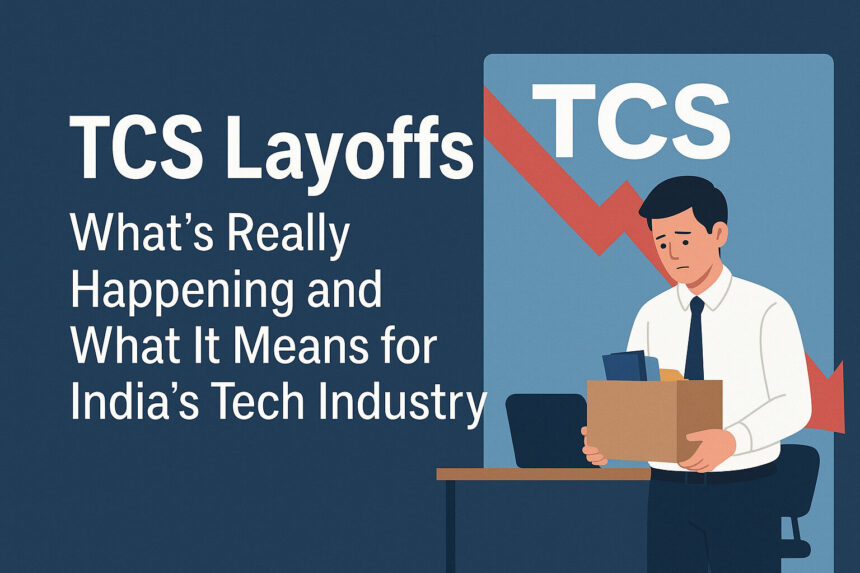Introduction: Feeling the Impact of the “TCS Layoffs” Wave
In 2025, Tata Consultancy Services (TCS) announced its biggest workforce reduction yet, planning to lay off about 12,000 employees—roughly 2% of its global staff. This news, rapidly trending under the “tcs layoffs” keyword, sparked anxiety and emotion across India’s vast IT sector. Whether driven by economic clouds, changing technologies, or evolving business strategies, these job cuts have rattled professionals, unleashed street protests, and stoked fierce debate about the future of work in a radically transforming digital economy.
- Introduction: Feeling the Impact of the “TCS Layoffs” Wave
- Understanding the TCS Layoffs: Key Facts and Developments
- Layoffs Quick Facts Table
- Deeper Dive: AI, Bench Policy, and Wage Realignment
- Bench Policy & Pay Quick Facts
- Employee & Union Reactions: Anger, Anxiety, and Advocacy
- Union & Employee Quick Facts
- What’s Next? The Broader Impact on India’s IT Job Market
- Sector Impact Quick Facts
- Hiring more for AI, pausing general hires
- Turning Challenge Into Opportunity
Understanding the TCS Layoffs: Key Facts and Developments
The layoffs primarily affect mid-level and senior employees, a direct result of shifting business models, rapid AI-led automation, and efforts to streamline operations worldwide. Unlike routine workforce churn, this round is significant—it coincides with controversial new “benching” policies, freezes on senior hiring, and a drive to inject new skills into the company’s core workforce.
At the same time, TCS has promised severance pay, outplacement assistance, and various support measures for impacted staff. Union groups, however, claim these actions are insufficient, triggering protests in major cities and calls for government intervention. Online forums reveal real consequences for those affected—ranging from early retirement to pay cuts or migration to contract work.
Layoffs Quick Facts Table
| Detail | Data / Insight |
|---|---|
| Total layoffs announced | ~12,000 employees (2% of global staffing) |
| Primary levels impacted | Mid-level & senior management |
| Rationale (Official) | Skill mismatch, digital/AI transformation, future-readiness |
| Severance/Support | Yes — notice pay, severance, outplacement, counselling |
| Major protests | Multiple Indian cities, backed by employee unions |
| Geo-Focus | India-focused, global spread |
Deeper Dive: AI, Bench Policy, and Wage Realignment
TCS insists that skill gaps and a need for organizational agility are driving the layoffs, not directly automation. Still, new AI tools—and client demand for swifter, more cost-effective outcomes—clearly underpin the strategy shift. The introduction of a rigid “benching” policy in June 2025, limiting the non-billable days to just 25 per year, has been widely criticized for making job security precarious for those between projects.
While TCS trims senior and mid-level staff, junior employees (around 80%) will receive a modest annual salary increase—typically between 4% and 8%, the smallest hike in years. Executive compensation, by contrast, has reached new highs, drawing additional scrutiny from media and social channels.
Bench Policy & Pay Quick Facts
| Focus | Data / Policy |
|---|---|
| Bench Policy | Max 25 days/year without project |
| Staff on Bench | Hundreds cut; hiring freeze at senior levels |
| Jr. Staff Pay | 4–8% hike for 80% of staff |
| Exec Pay | CEO Krithivasan: ₹26.52 crore |
Employee & Union Reactions: Anger, Anxiety, and Advocacy
Street protests have erupted in multiple cities, with employee unions like UNITE and NITES condemning the layoffs as profit-driven rather than necessity-based. These groups allege that experienced and high-performing staff are disproportionally targeted, and urge the government to step in and halt what they call illegal terminations. Protests have included sit-ins in major metro IT hubs, viral social media campaigns, and legal complaints.
Among employees, sentiment is split. Some express despair at bleak job market prospects for senior professionals; others urge upskilling and resilience, citing years of volatility as a recurring feature of IT careers. The emotional toll is evident, with stories emerging of financial stress and forced early retirements.
Union & Employee Quick Facts
| Group/Reaction | Position/Details |
|---|---|
| UNITE/NITES | Demand reversal, call for action |
| Employee Sentiment | Anxiety, protests, online forums |
| Protest Tactics | Demonstrations, social media, letters |
| Govt. Response | Calls for dialogue, but limited action |
What’s Next? The Broader Impact on India’s IT Job Market
Experts believe the TCS layoffs represent just the first wave in a sector-wide restructuring fueled by automation and changing global demand. Already, hiring at several major IT firms in India is slowing, especially for legacy roles, and newer openings are almost exclusively pegged to artificial intelligence, data science, cybersecurity, and cloud management.
This reality has profound implications for mid-career professionals and fresh graduates alike. In the near future, only those who continuously upskill and align with emerging technologies are likely to thrive. TCS’s move is widely seen as the “canary in the coalmine”—a warning to all IT professionals to prioritize lifelong learning and adaptability.
Sector Impact Quick Facts
| Theme | Evidence |
|---|---|
| Sector Effect | First large-scale Indian IT layoffs in 2025 |
| Job Market | Sharp decline in openings for non-AI roles |
| Upskilling | Critical for career survival and mobility |
| Other IT Majors | Hiring more for AI, pausing general hires |
Hiring more for AI, pausing general hires
Why is TCS laying off 12,000 employees?
Due to a push for agility, skill mismatch, and AI/digital transformation, not solely automation
Who are most affected?
Mid-level and senior management staff
Are laid-off employees being supported?
Is TCS hiring while it’s laying off?
No, senior hiring is frozen; minimal addition focused on new skillsets
What should employees do to protect against layoffs?
Prioritize upskilling in AI, data science, cloud, and maintain flexibility
How are other IT companies responding?
Some are cautious, pausing hiring or adopting similar skill-based restructuring
What long-term changes does this signal for India’s IT sector?
Profound shift toward outcome-driven models and technology-driven roles
Turning Challenge Into Opportunity
While the scale of the TCS layoffs is daunting, it is not the end of the road for India’s IT professionals or its tech industry. In fact, this period of upheaval may serve as the catalyst for the next era of digital excellence—one that rewards adaptability, creativity, and technological vision. The call to action is clear: invest in new skills, seek networks of support, demand fair transitions, and boldly embrace change. The future, while uncertain, belongs to those who prepare for it today.















